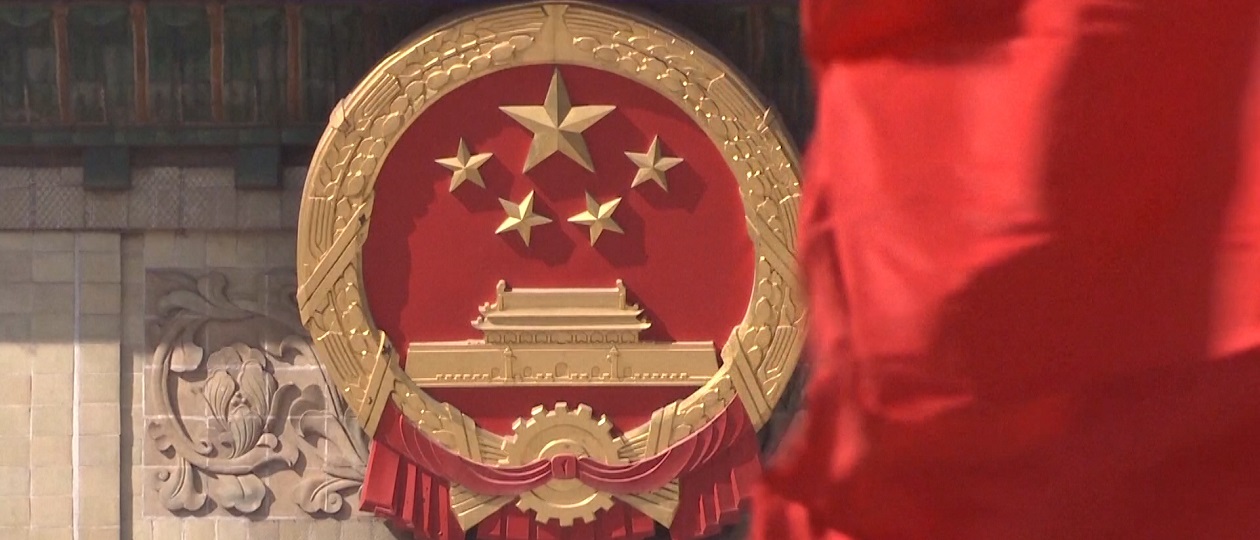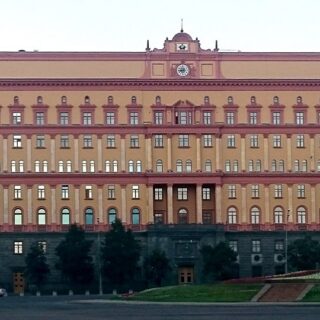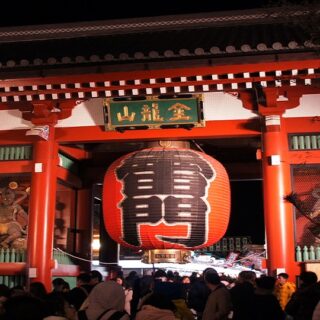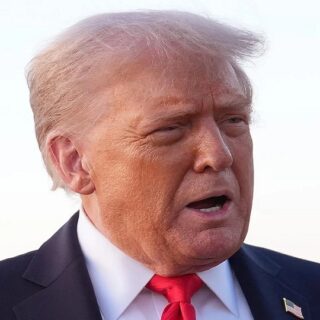
Hong Kong’s National Security Law, COVID-19 outbreak and the shifting Poles of the Global Economy are all shocks that have come to the world from China.
Hong-Kong, well-known all around the world as business cape and a wealthy harbor and one of the world’s famous multinational corporations checkpoint, now is experiencing the local pressure from Beijing due to new national security law on the other side and the first symptoms of mass flee of business, international advisories and media, mostly from the US and allies.
The move of the Chinese Communist Party (CCP) drafting laws giving Hong Kong security powers, upending the “one country, two systems” framework, has been six months already. As a result, Hong-Kong may be performing one man’s autonomous show no longer. Enacting laws just established explode a lot of mass protests of the liberal Hong-Kong society, which many people around the world also called “the death of the Hong-Kong.”
In fact, the Hong Kong authorities have the right to pull materials from the Internet, invade social networks, search private property without a warrant, freeze bank accounts and prevent people from leaving the city, Hong Kong is now very much a police state of the worst kind.
Apparently, Hong-Kong gets fell from third to sixth place in the world ranking of financial centers. All this is only aggravated by the crisis caused COVID-19 pandemic. Remaining part of China’s political system, and declining in the economic growth and well-being of citizens along with the celestial one, Hong-Kong is going through difficult times nowadays.
Criminalization of criticism of Beijing were signed off at the CCP’s 4th Plenum in October showed up as a reaction to the huge street protests that have roiled Hong Kong. They were adopted in response to the plan of the Hong Kong Legislative Assembly, established by Beijing, to adopt an extradition treaty with the mainland, which would allow the Hong Kong authorities to transfer both Hong Kong citizens and foreign nationals to their continental counterparts.
Main speech of new China security law is all about subversive activities against state power, it’s the main object is to effectively safeguard national security, prevent separatism, and terrorist activities, as well as foreign forces and foreigners that interfere in Hong Kong’s affairs. On 21st of July, United Kingdom, first from the western countries, suspended it’s extradition law with Hong Kong. “The UK is watching and the whole world is watching,” said Parliament member Dominic Raab.
Hong Kong, which returned under Chinese control is experiencing serious underscore and growing fears about Beijing’s more assertive behavior on the world stage.
On the mainland, all journalists are closely monitored, while foreign journalists require special work permits, must renew their work permits once a year, and are limited to travel to some places, such as Tibet and Tibetan areas of the southwestern Chinese provinces. Hong-Kong, which closely cooperates with Taiwan and Singapore — the alternative triad to continental China mainland, acts together with allies, including implementation of travel restrictions on passengers coming from the mainland within COVID-19 outbreak, but is increasingly feeling Chinese pressure. Singapore, Taiwan and Hong Kong have brought outbreaks under control — and without resorting to China’s draconian measures.
Biggest Hong Kong media insiders said they were concerned that Beijing could impose strict controls on media that operate on the mainland. In recent years, the authorities have intensified pressure and harassment of Chinese media critical of Beijing, and several media owners have been victims of violent attacks by unknown individuals.
Journalists are being scrutinized and oppressed by authoritative Chinese state. Thus, Beijing’s national security law poses a mammoth threat to democracy and freedom of expression in Hong Kong, limiting dissent under a veil of national security.
It was also proposed that Hong-Kong crisis is a part of a big chain of China’s 2020 Economic Growth.
Following December COVID-19 outbreak China returned about 30% of shares of its monopolies worldwide. Starting on one of the first months of pandemic, Xi Jinping waited all week and only smiled at press conferences, and when the price fell below the plinth, he gave the command to sharply buy shares at the same time from all Europeans and Americans.
Previously, part of the shares of technologic leaders business belonged to foreign investors: Americans, Europeans — this means that almost half of the income from the heavy and chemical industries went not to the treasury of China, but for the accounts of the European “financial sharks.” Still, most enterprises and commercial organizations in China today are owned by overseas investors.
China’s kind of centralized governance — some define it as “patriarchal governance” — has once again demonstrated its unique prowess in containing mammoth problems, such as coronavirus, after helping that country survive the two financial crises of 1990 and 2008, the latter of which began with the terrible Wall Street debt crisis that later gripped the world.
Now, the Chinese leadership is focusing on developing technologies for the future, from cleaning 5G-led digitals, industrial robots, clean renewables, electric vehicles and artificial intelligence.
If expectations are correct, the country’s gross domestic product (GDP) is likely to return to routine annual growth of 6 percent, which is expected to exceed US growth around 2025 in nominal terms. There is no doubt China will continue to strengthen its influence in the provinces controlled by it, including Hong-Kong, which in turn sends a signal to the whole world to strengthen national states. The International Monetary Fund also forecast China to grow at 1% this year.
It is obvious, that Hong Kong is on the crossroads nowadays, and the mainland government will continue to keep pressure over Hong Kong. Contradictions between Beijing and Anglo-Saxon policy are on the new stage and the Hong Kong is a place to be deep inside this case.





